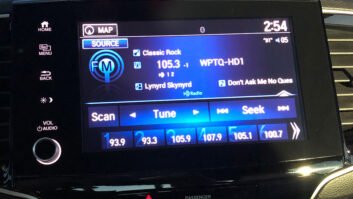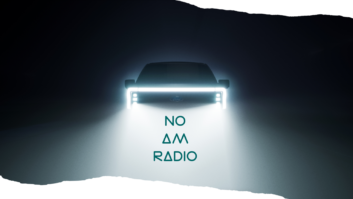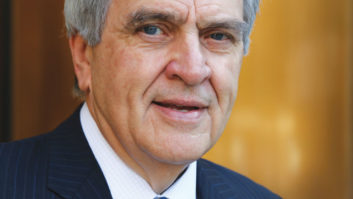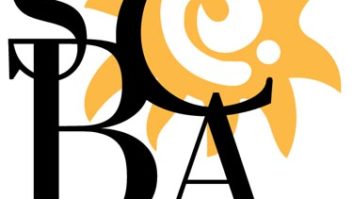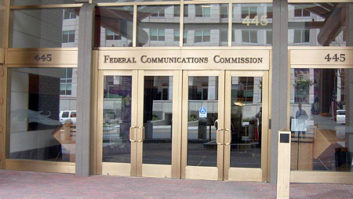The author is a veteran broadcaster, consultant, member of the Buffalo Broadcasters Hall of Fame and chairman emeritus of the Buffalo Broadcasters Association.
In 1960 Ed Murrow asked the question that still begs an answer: “What are we to say and how are we to say it?” 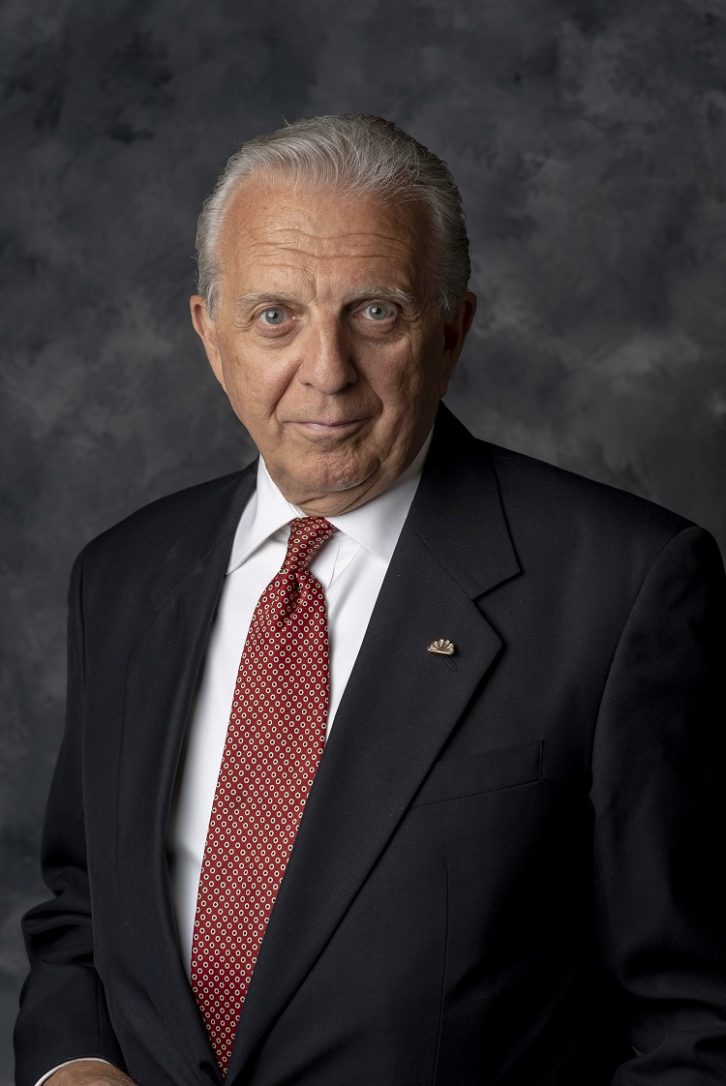
Marconi changed the world when he invented wireless communications that gave us radio. David Sarnoff added video to radio, creating national TV. Then came global satellite communications, the computer, the internet and smartphones.
These means of communications have given humans the opportunity to bring the world together through education and better understanding to create peace and love among all generations forever.
But local TV became a slave to national TV entertainment content that put us all to sleep, failing in its opportunity to touch people in each community. Local radio became a jukebox, the possession of giant corporate groups that duplicate a small number of easy-to-program formats across hundreds of markets with fewer broadcast people.
A new world is on the horizon — 5G, quantum computing, next-generation robotics and artificial intelligence are about to change the world again. Plans are in place to take your steering wheel away, but in the meantime, your next vehicle will have a big screen dashboard to control everything, replacing your old radio with no tuning or volume knobs.
A recent Radio World article quoted a Lexus official saying the company has no plans to remove AM radio. But your dashboard big screen interface infotainment system will combine AM, FM, satellite, Apple music, Amazon music, etc., enhanced with metadata all in one. You’d best not try to change stations while driving. All must be pre-selected and programmed based upon your personal taste. Radio will become only one of many options on these main and sub menus.
The million-dollar question: Is your programming unique and memorable enough to convince listeners to go through the multiple steps to set up their favorite sources to listen to?
How stations use their metadata will help them become better competitors. How radio uses visual presence and that metadata will separate it from the crowd.
What will listeners select on these new screens? It will not be the boring standard-fare corporate radio lineup of canned formats delivered by low-paid voice trackers to 300 markets simultaneously around the clock.
The music industry is in turmoil without a plan and has no direction while the music talent pool has dried up. The only thing left is oldies of the decades.
Meanwhile, growing numbers of 18-to-49 listeners are moving away from music radio by programming their own favorites into their smartphones and other personal devices.
Innovators like Drake and Chenault, who reinvented radio with their syndicated “Less Talk More Music” top 40 pop-rock formats, are dead. All we get today is 10 variations of rock formats, country, sports and talk. There seem to be no more unique and super-talented on-air personality stars. What happened to comedy?
Radio and TV can only be saved by fresh, innovative, creative concepts — new and different content that does not exist today. John Malone said content would be king. What would radio do without automated formats?
The question still begs an answer. What do we say and how do we say it? Anyone have an idea?
Comment on this or any article. Email [email protected] with “Letter to the Editor” in the subject line.





